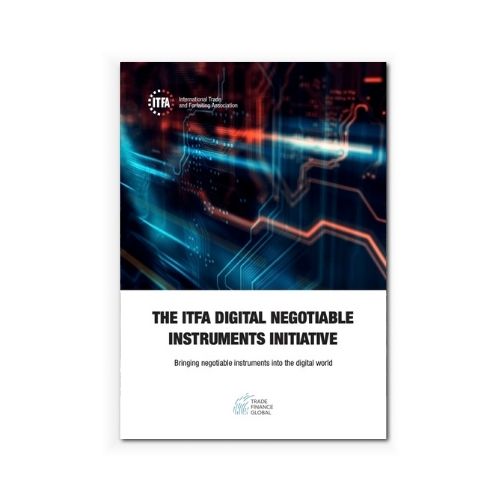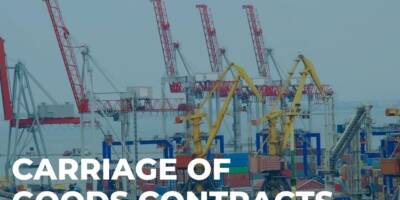Introduction to International Trade Law
International trade law holds significant importance in fostering a globalised economy, playing diverse roles crucial for businesses and nations alike. Its primary role is to facilitate the smooth movement of goods and services across borders by minimising trade barriers. Moreover, it establishes a robust framework for dispute resolution, ensuring stability in the global trading system. This legal certainty not only encourages investment but also stimulates economic growth.
The safeguarding of intellectual property rights, prevention of unfair trade practices, and promotion of fair competition are integral components, maintaining an equitable business environment. Furthermore, it plays a pivotal role in harmonising standards, simplifying cross-border trade, and addressing environmental and social considerations, striking a balance between economic interests and sustainable practices.
In essence, international trade law is foundational for shaping a fair, predictable, and thriving global trade landscape, benefitting businesses and economies worldwide.
Who governs International Trade Law?
The World Trade Organization (WTO) stands as the sole global international organization dedicated to regulating trade between nations. At its core lie the WTO agreements, meticulously negotiated and embraced by a majority of the world’s trading nations, subsequently ratified in their respective parliaments.
What is the WTO?
Established formally in 1995, the WTO functions as a paramount international entity tasked with overseeing and governing trade. Its establishment as a comprehensive trade regulatory body is rooted in the Agreement Establishing The World Trade Organization, commonly referred to as the “Marrakesh Agreement.” Charged with the responsibility of managing the rules that govern international trade, the WTO serves as a platform for facilitating trade negotiations among its expanding membership, which has grown from 123 in 1994 to its current count of 164 member nations.
The United Nations Commission on International Trade Law (UNCITRAL) is instrumental in crafting the framework for international trade law, driven by its mandate to propel the ongoing harmonisation and modernisation of global trade regulations.
What is UNCITRAL?
Established by the General Assembly in 1966 through Resolution 2205(XXI), the United Nations Commission on International Trade Law (UNCITRAL) was created to address disparities in national laws affecting global trade. The General Assembly acknowledged that these differences posed obstacles to trade flow and envisioned UNCITRAL as a crucial mechanism for the United Nations to actively mitigate or eliminate such impediments. It is a legal entity with global membership, specialising in the worldwide reform of commercial law.
We’re thrilled to partner with @tradefinglobal to launch the TFG/UoL International Trade Finance Law Prize for our students!
Thanks to @KPatricio_ for initiating this collaboration. @CBLP_LeedsRead more: https://t.co/bPnOTRdWJA
#tradefinance #law #education #research pic.twitter.com/YxKzWJtHF9
— Law at Leeds (@Law_Leeds) April 28, 2023
Who are the leading law firms in international trade?
The Top 20 Law Firms in International Trade
- Akin Gump Strauss Hauer & Feld
- Allen & Overy
- Arent Fox Schiff
- Arnold & Porter
- Baker & McKenzie
- Cleary Gottlieb Steen & Hamilton LLP
- Covington & Burling
- Crowell & Moring
- Debevoise & Plimpton
- Dentons
- Freshfields Bruckhaus Deringer
- Herbert Smith Freehills
- Holland & Knight LLP
- Hogan Lovells
- King & Spalding LLP
- Mayer Brown
- Norton Rose Fulbright
- Sidley Austin LLP
- Steptoe Johnson
- White & Case LLP
Videos – International Trade Law
International Trade Law Podcasts
Featured Insights
 Video | ITFA Christmas Party: Unwrapping the EU Late Payments Regulation – Businesses and public authorities across the EU may be facing tougher laws on late payments, with the European Commission proposing a new regulation enforcing maximum 30-day terms.
Video | ITFA Christmas Party: Unwrapping the EU Late Payments Regulation – Businesses and public authorities across the EU may be facing tougher laws on late payments, with the European Commission proposing a new regulation enforcing maximum 30-day terms.  Video | Educating regulators: The IFC factoring guide – The UNIDROIT’s Factoring Model Law, the FCI Legal Study, and the IFC Knowledge Guide on Factoring Regulation and Supervision, reflects a collective endeavour meticulously designed to operate in harmony.
Video | Educating regulators: The IFC factoring guide – The UNIDROIT’s Factoring Model Law, the FCI Legal Study, and the IFC Knowledge Guide on Factoring Regulation and Supervision, reflects a collective endeavour meticulously designed to operate in harmony. Kuvera Resources v J.P. Morgan Chase: Certainty of payment vs risks of breaching sanctions under Letters of Credit – The overreaching arc of sanctions regulations is threatening the certainty of payments guaranteed by the smooth functioning of letters of credit (LC) in international trade. This tension recently played out in the Singapore courts in a judgment handed down recently (Kuvera Resources Pte Ltd v JPMorgan Chase Bank, N.A. [2023] SGCA 28).
Kuvera Resources v J.P. Morgan Chase: Certainty of payment vs risks of breaching sanctions under Letters of Credit – The overreaching arc of sanctions regulations is threatening the certainty of payments guaranteed by the smooth functioning of letters of credit (LC) in international trade. This tension recently played out in the Singapore courts in a judgment handed down recently (Kuvera Resources Pte Ltd v JPMorgan Chase Bank, N.A. [2023] SGCA 28). Strategic Partners
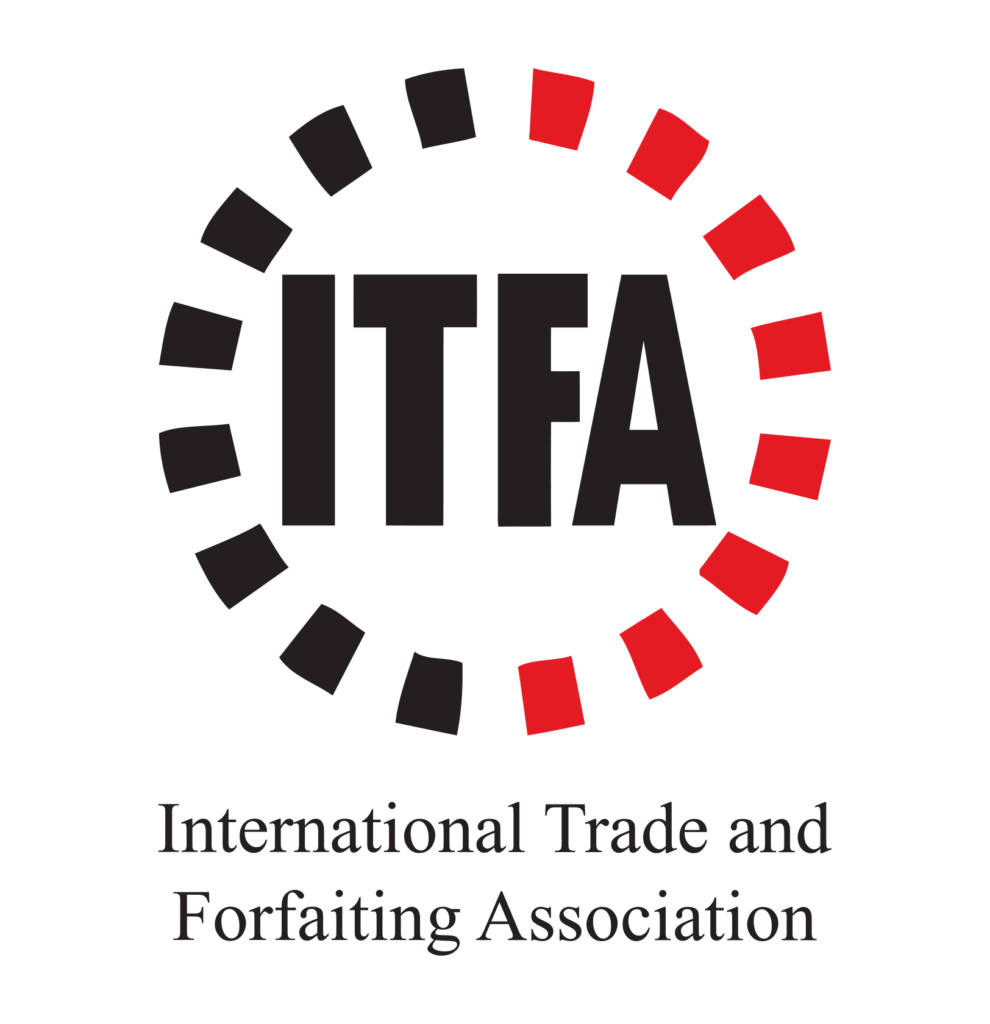
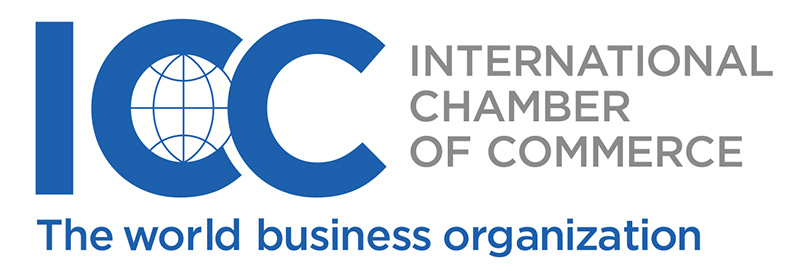


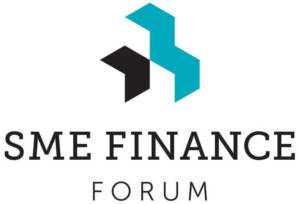
Contents
1 | Introduction to International Trade Law
2 | Legal Trade Finance
3 | Standard Legal Charges
4 | Borrowing Base Facilities
5 | Governing law in trade finance transactions
6 | SPV Financing
7 | Guarantees and Indemnities
8 | Taking security over assets
9 | Receivables finance and the assignment of receivables
10 | Force Majeure
11 | Arbitration
12 | Master Participation Agreements
13 | Digital Negotiable Instruments
14 | Generative AI in Trade Law
Latest News
MAS’s new digital tool COSMIC aims to curtail financial crimes
0 Comments
Deutsche Bank closes US$3.5bn issuance of TRAFIN 2023-1, fifth iteration of synthetic securitisation
0 Comments
Video | ITFA Christmas Party: Unwrapping the EU Late Payments Regulation
0 Comments
Video | Educating regulators: The IFC factoring guide
0 Comments
Kuvera Resources v J.P. Morgan Chase: Certainty of payment vs risks of breaching sanctions under Letters of Credit
0 Comments
TFG to host comprehensive Tradecast on UK’s Electronic Trade Documents Act (ETDA)
0 Comments
Almond ailments: New York courts find jurisdiction a hard shell to crack
0 Comments
Thumbs up for trade: the influence of an emoji
0 Comments
Credit insurance, export credit and funds: The 5 pillars to help the African trade gap (Part 2)
0 Comments
Going up in smoke: Trade sanctions from Cuban cigars to Russian oil
0 Comments
 Australia
Australia Hong Kong
Hong Kong Japan
Japan Singapore
Singapore United Arab Emirates
United Arab Emirates United States
United States France
France Germany
Germany Ireland
Ireland Netherlands
Netherlands United Kingdom
United Kingdom







